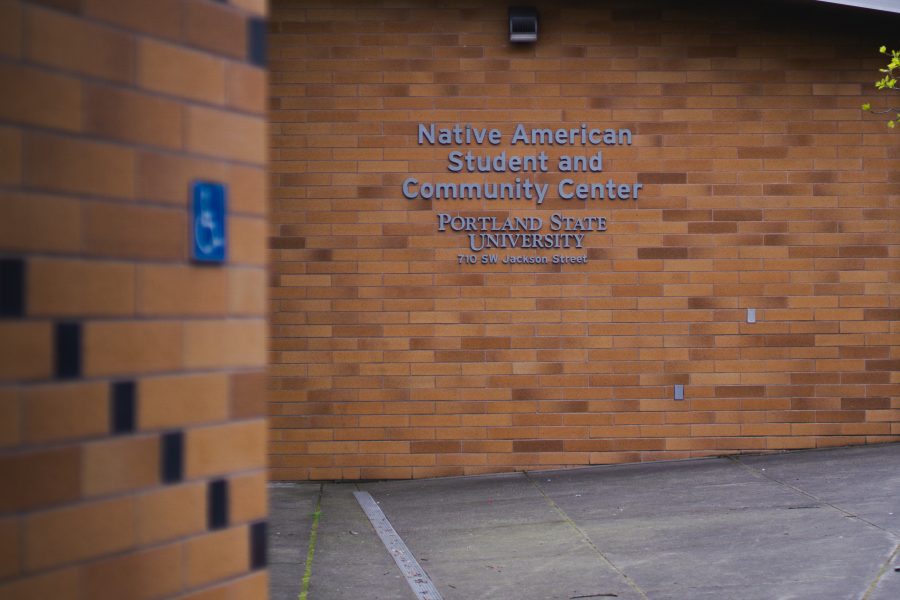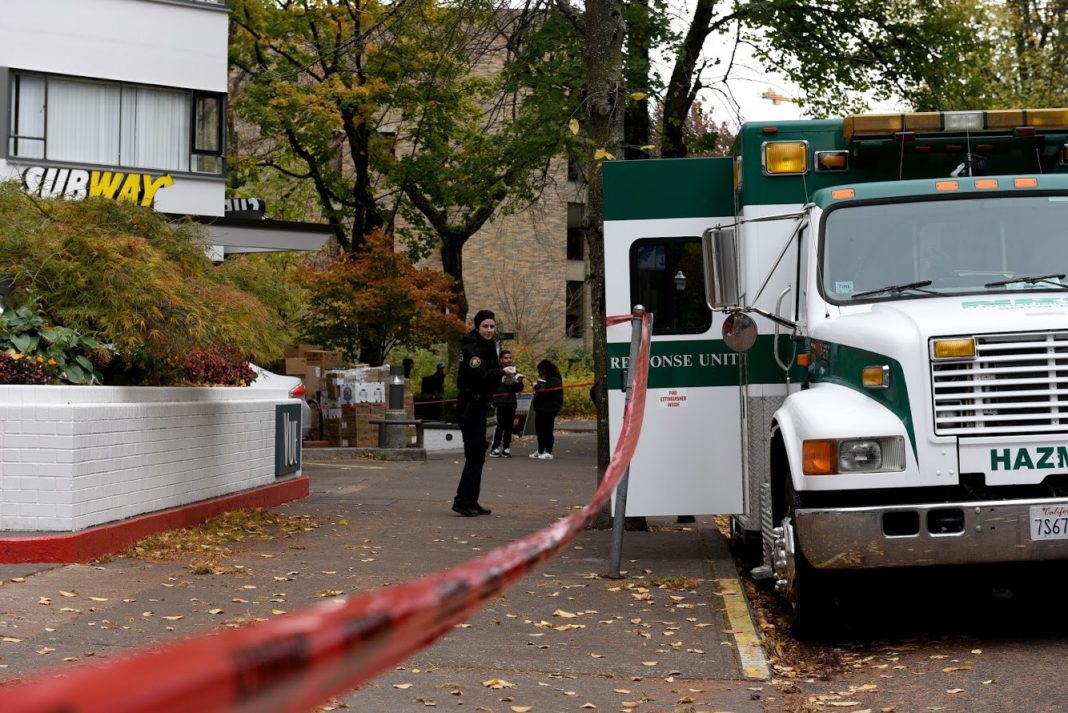Dear reader,
Just over two years ago, in February 2023, I wrote in these pages urging the Board of Trustees to select Ann Cudd to be University President. The selection process at that point had come down to Cudd and one other finalist, Kathy Johnson. I wrote that, while both candidates would likely be a good fit for the job, I hoped Cudd’s background as a professor of Philosophy and her concern with the liberal arts would safeguard these important programs for the foreseeable future.
Whoops.
It is fair to say things have not gone well since then. In December, 17 non-tenure track faculty were given termination notices, a decision Cudd said was needed for “necessary investments in key programs,” and to “ensure the ongoing success of our institution,” continuing by adding how “closing a budget gap like this requires difficult decisions.”
In a cruel twist of irony, the Philosophy department took much of the brunt of this fiscal assault, as the department will be losing three faculty members, according to PSU Vanguard reporting.
“This opaquely-reasoned decision,” the department wrote in a letter to the Dean’s office, “jeopardizes the Department of Philosophy’s long-term viability.”
It is bizarre that someone with as much of a background in philosophy as Cudd would fail to see the value of the Philosophy program, or subject it to cuts so profound they endanger the program’s future. (There is currently a Change.org petition to reinstate these professors — go sign it!)
In 2023, I wrote, “We need a president who will put their weight behind the preservation of important programs, especially those in the liberal arts and humanities, which have been threatened by declining enrollment nationwide.”
I stand by that statement one hundred percent. Unfortunately, as is now clear, Ann Cudd is not that president.
It’s not only layoffs—during the library occupation last year, in opposition to the wishes of much of the campus community, Cudd opted to call in the Portland Police Bureau, “citing the hazards of the fire systems being disabled while protesters were in the library,” according to Vanguard.
Following the Spring 2024 campus protests, Cudd said at the June 3 Faculty Senate meeting, “Words, slogans and epithets, while protected by the First Amendment, will not bring about a ceasefire in Gaza, but they can poison our community.”
It’s hard to know where to start with that—for a university president to say, somewhat dismissively, that students’ words are constitutionally protected but don’t really do anything is, well, disheartening.
I previously wrote that Cudd’s record showed a “willingness to advocate for the mission of higher education itself—something that we cannot take for granted in a climate dominated by utilitarian considerations of dollars and cents.”
Hahahahahahahahahahahahahahahahahahahahahahahaha.
In order to distract from the growing pit in my stomach over just how wrong it’s possible for a person to be, I’d like to quote from one of Cudd’s own writings, her 2019 article “Harassment, Bias, and the Evolving Politics of Free Speech on Campus.”
“We in the university community should see the problem of free speech on campus as one of developing the kind of intellectual community we want and need to make society better in the ways in which higher education is uniquely suited…” Cudd states in her article. “Administrators and faculty must always keep important principles and aspects of the mission of education in view. When begun by students, however, university faculty and administrators can and should support progressive change in other ways that challenge the entrenched understandings of academic freedom and tradition in order to bring about social transformation and serve the evolving social missions of universities.”
A true philosopher, Cudd reminds us that the meanings of words like “progressive,” “social transformation” and “social missions” are open to interpretation.
Let Knowledge Serve the City—unless it costs money, of course, or, god forbid, makes the administration a tiny bit uncomfortable.






